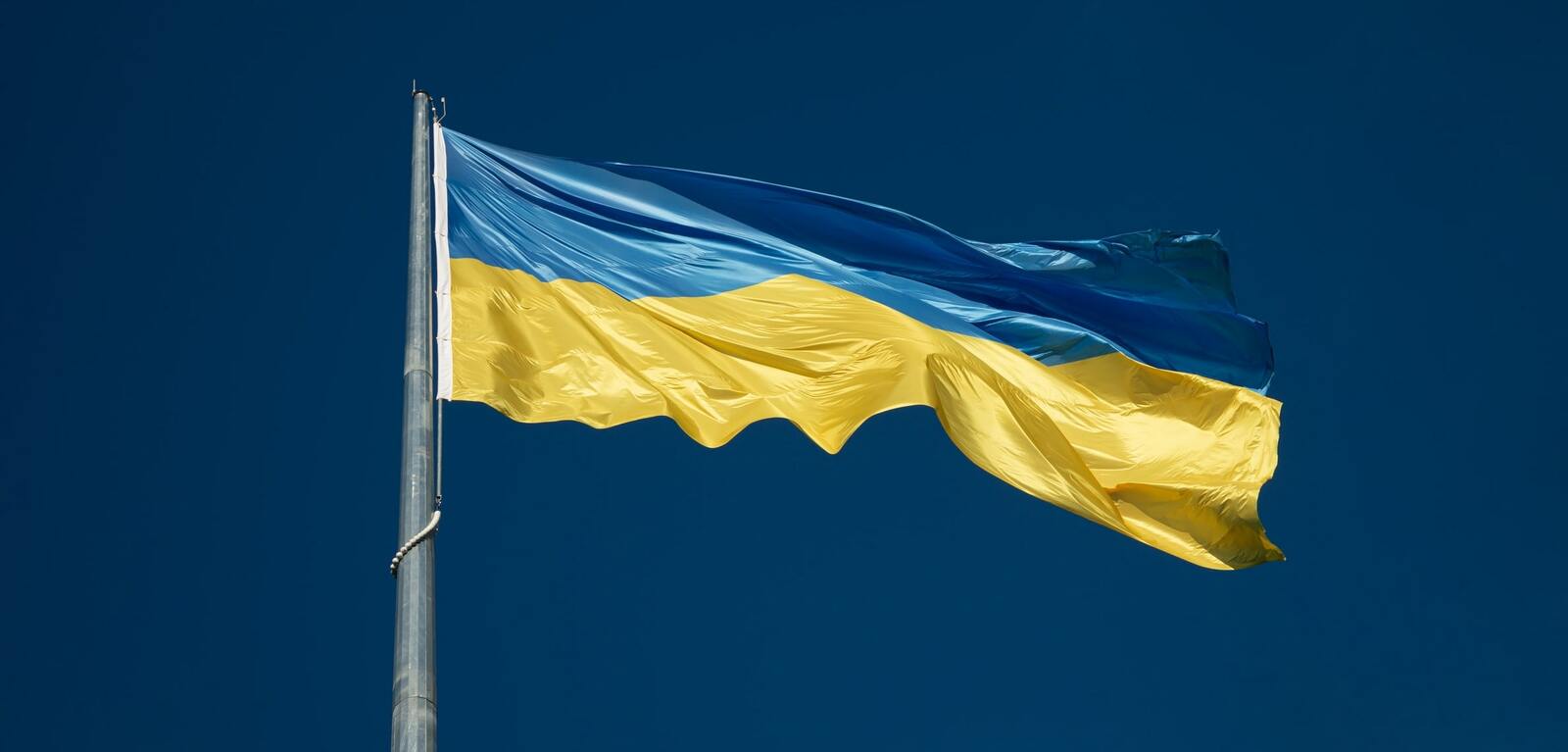Ukraine Conflict: Expert Analysis from Queen’s University Experts
It has been almost six months since Russia invaded Ukraine, devastating the country with over 10,000 people losing their lives, 8.7 million people fleeing the country, and over 8 million people becoming internally displaced during the conflict.

The war has been internationally condemned and emergency humanitarian assistance has been provided to the people of Ukraine and refugees in its neighbouring countries.
In a series of blog posts, the Senator George J. Mitchell Institute for Global Peace, Security and Justice at Queen’s has been providing expert analysis of the conflict by leading Queen’s academics:
- War in Ukraine, by Professor Alister Miskimmon
- Reassessing Conflict Prevention in an Increasingly Turbulent World, by Professor David Connolly
- The Role of Transitional Justice in Ukraine, by Professor Louise Mallinder
- The Promise and Perils of a Humanitarian Ceasefire in Ukraine, by Professor David Connolly
Professor Alister Miskimmon, from the School of History, Anthropology, Philosophy and Politics is an expert in politics and international relations.
Reflecting on the war, Professor Miskimmon said: “Russia’s attack on Ukraine, followed by President Volodymyr Zelensky’s formal request to begin EU membership negotiations on 28th February 2022, places Ukraine’s European future firmly in the spotlight. This requires clarity from the EU. Joining the EU is a complex and protracted process taking years, but any agreement in the midst of the war to begin negotiations would be highly symbolic.”
Professor Louise Mallinder, Legacy Theme Lead at the Mitchell Institute and Professor of Law, is an expert on transitional justice and international law. Professor Mallinder said: “It is necessary even in the midst of conflict, when the future remains uncertain, to hold onto an inclusive vision of the future society. With respect to transitional justice, this can entail avoiding actions that could make that future vision harder to realise.”
Professor David Connolly is Practitioner Chair in the Mitchell Institute and specialises in the role of evidence in conflict prevention and post-conflict recovery. In one of his articles on the conflict he commented: “Looking to Ukraine and beyond, this article pinpoints three main challenges to conflict prevention, and argues for fresh thinking and new approaches to prevention.
“The challenges together reveal the need to learn from past mistakes and to track how we adapt to a fast-moving global order. To start though, it is important to outline the main contours of ‘conflict prevention’, which contrast sharply with the turbulent dynamics of our contemporary global context.”
Professor Richard English, Director of the Mitchell Institute said: “The tragic conflict in Ukraine has rightly prompted widespread condemnation. It is vital also that experts provide evidence-based analysis and assessment of its complexities. The Mitchell Institute has therefore been delighted to publish these excellent blogs by Professors Miskimmon, Mallinder and Connolly.”
Established in 2016, The Senator George J. Mitchell Institute for Global Peace, Security and Justice is a flagship for interdisciplinary research in areas of major societal change. It brings together researchers from a wide range of disciplines to tackle some of the greatest global problems of our age.
For more information about the Mitchell Institute please visit: https://www.qub.ac.uk/Research/GRI/mitchell-institute/
Ukraine Flag. Image Credit: Yehor Milohrodskyi via Unsplash
Media
Media enquiries to Zara McBrearty at Queen's Communications Office on email: z.mcbrearty@qub.ac.uk or Mob: 07795676858.